The story of the ugly duckling is one that has resonated across generations, a timeless tale of transformation and self-discovery. At its core, it speaks to the universal human experience of feeling out of place, only to later realize one’s true potential. But beyond the fairy tale, the metaphor of the ugly duckling’s metamorphosis holds profound relevance in today’s world—whether in personal growth, societal expectations, or even the unpredictable journeys of careers and relationships.
In the beginning, the ugly duckling is an outsider, mocked and rejected for being different. Its struggles mirror those of countless individuals who have ever felt like they didn’t belong. The pain of exclusion is something many can relate to, whether it stems from physical appearance, unconventional talents, or simply a perspective that doesn’t align with the majority. Yet, it is precisely this discomfort that often becomes the catalyst for change. The duckling’s journey isn’t just about becoming a swan—it’s about the resilience required to endure hardship and the courage to keep moving forward despite the odds.
Transformation rarely happens overnight. The ugly duckling doesn’t wake up one day to find itself suddenly beautiful. Instead, it undergoes a gradual process, marked by moments of doubt and fleeting glimpses of hope. This slow evolution is a reminder that growth is messy and nonlinear. In a culture obsessed with instant gratification, the story challenges us to embrace patience. Whether it’s mastering a skill, overcoming insecurity, or rebuilding one’s identity, true change demands time and persistence.
What makes the ugly duckling’s story so powerful is its unexpected ending. The creature that was once ridiculed emerges as the most majestic of all. This twist forces us to reconsider our definitions of beauty and worth. How often do we dismiss potential in others—or even in ourselves—because it doesn’t fit a preconceived mold? The swan’s elegance was always there, hidden beneath an unassuming exterior. The lesson is clear: what we perceive as flaws might just be the seeds of something extraordinary.
The modern world is full of ugly ducklings. Think of the entrepreneur whose ideas were initially laughed at, only to revolutionize an industry. Or the artist whose work was deemed too unconventional until it sparked a movement. History is littered with examples of people and ideas that were misunderstood before they were celebrated. The difference between those who fade into obscurity and those who thrive often comes down to belief—the unwavering conviction that there’s more beneath the surface.
Yet, the metamorphosis isn’t just about proving others wrong. It’s also an internal journey. The ugly duckling doesn’t transform for the sake of its critics; it does so because that’s its nature. This distinction is crucial. Too often, people chase validation instead of authenticity. The story reminds us that the most fulfilling transformations occur when we stop trying to fit into someone else’s narrative and start embracing our own.
Of course, not every ugly duckling becomes a swan. Some remain ducklings, and that’s perfectly fine. The pressure to “transform” can sometimes be just as damaging as the pressure to conform. The real message isn’t that everyone must undergo a dramatic change to be valuable. Rather, it’s about recognizing and honoring one’s unique path, whether it leads to a pond or a grand lake.
In a society that often prioritizes sameness, the ugly duckling’s tale is a rebellious anthem. It celebrates the misfits, the late bloomers, and those who dare to be different. Their journeys may be fraught with challenges, but they’re also rich with possibility. After all, the most beautiful transformations often begin with an awkward, uncertain step—one that others might ridicule, but that ultimately leads to soaring.

By Eric Ward/Apr 29, 2025
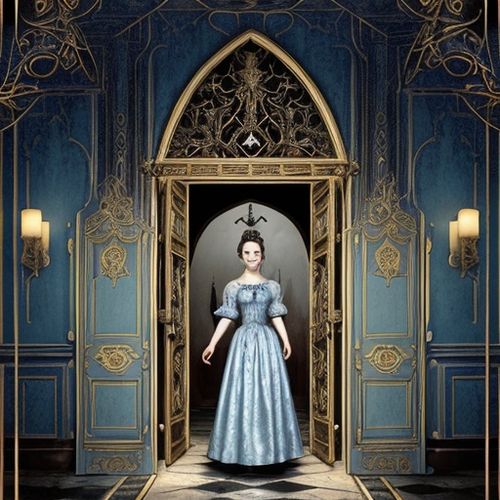
By James Moore/Apr 29, 2025
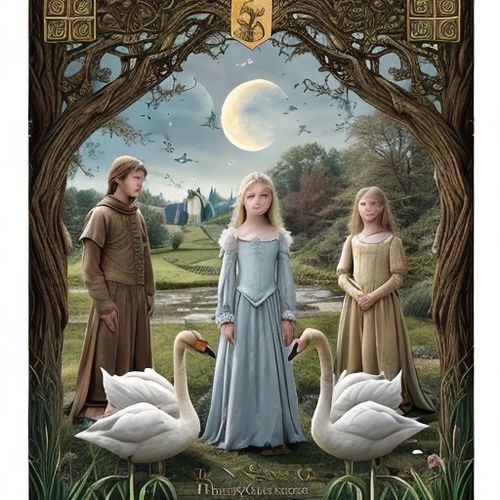
By David Anderson/Apr 29, 2025

By James Moore/Apr 29, 2025

By Lily Simpson/Apr 29, 2025

By David Anderson/Apr 29, 2025
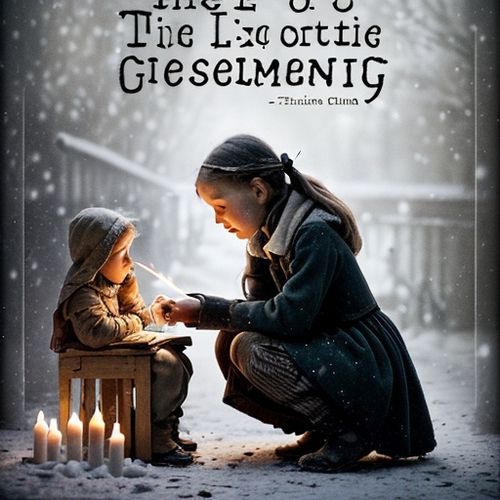
By Christopher Harris/Apr 29, 2025

By Noah Bell/Apr 29, 2025

By Thomas Roberts/Apr 29, 2025
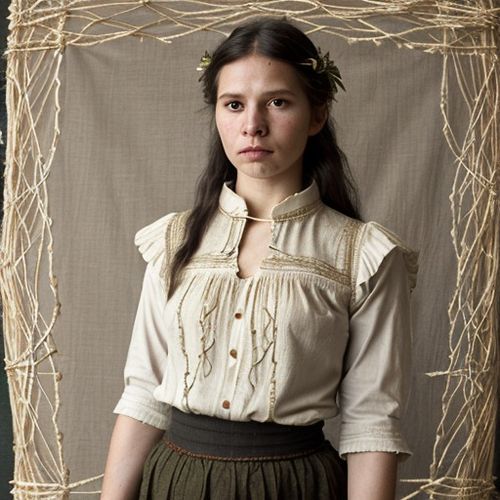
By Olivia Reed/Apr 29, 2025
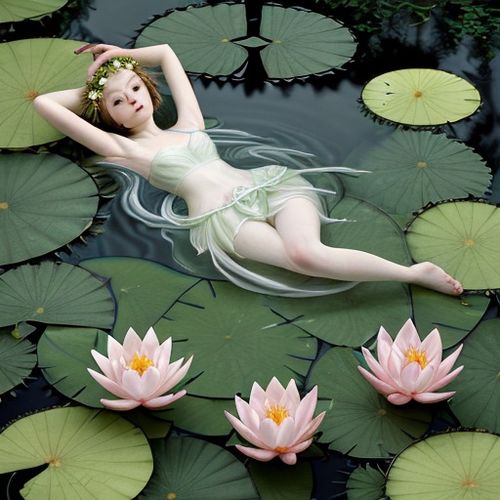
By Victoria Gonzalez/Apr 29, 2025
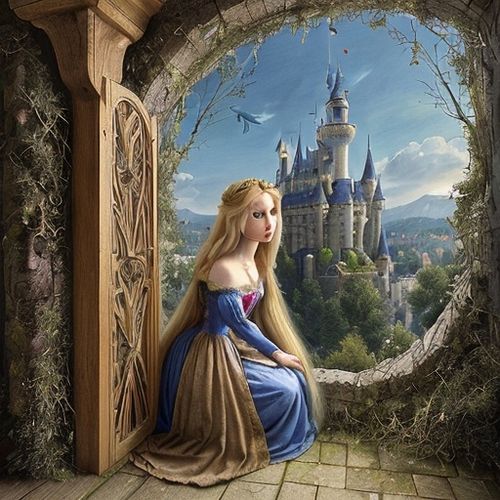
By Natalie Campbell/Apr 29, 2025

By Noah Bell/Apr 29, 2025

By Sarah Davis/Apr 29, 2025
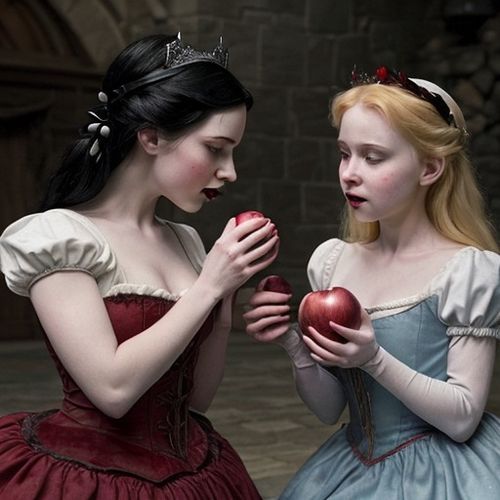
By John Smith/Apr 29, 2025
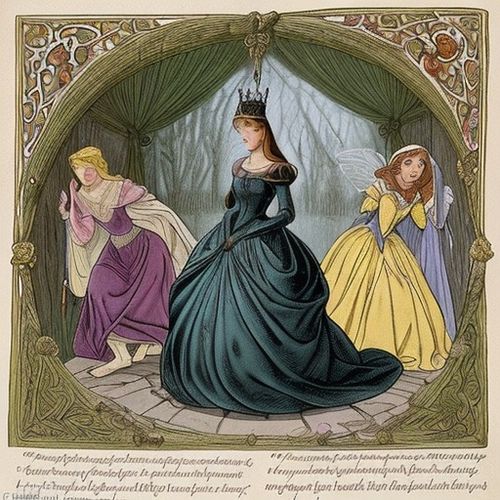
By Laura Wilson/Apr 29, 2025
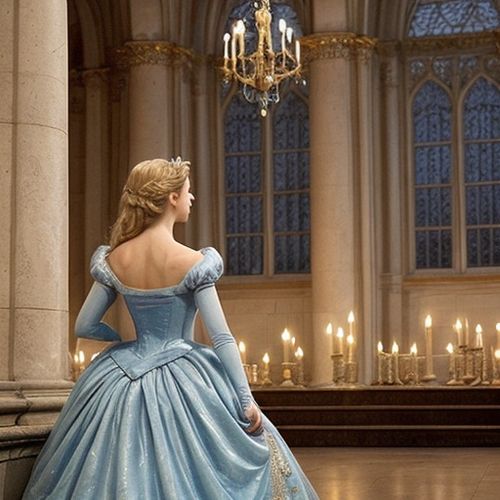
By Eric Ward/Apr 29, 2025

By Rebecca Stewart/Apr 29, 2025

By Emily Johnson/Apr 29, 2025